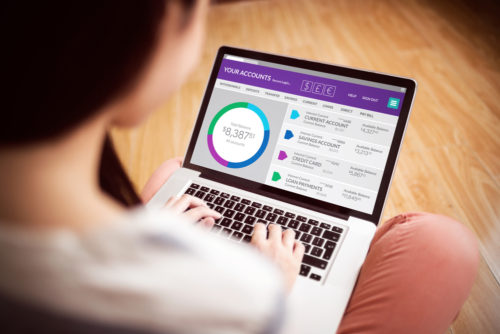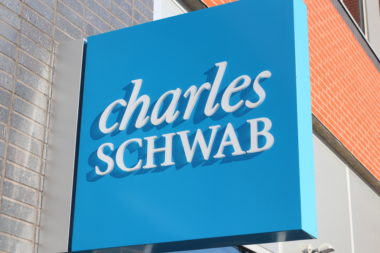A savings account is a bank account that is intended for keeping and saving money — not for use on a regular basis. As such, savings accounts carry more restrictions than checking accounts concerning how they can be used, but often provide interest accrual to the account holder.
There are different types of savings accounts that are useful for different situations and goals. Normally, the “better” savings accounts, with higher interest rates or fewer use restrictions, will require some sort of minimum balance that must be carried to keep the account open.
While checking accounts are intended for daily use, providing for a consistent flow of money in and out, savings accounts are different types of bank accounts used for different purposes. Often, account holders can’t pay for things directly out of a savings account, the money must be first transferred to a checking account. In return for these restrictions, money in savings accounts accrues interest paid to the account holder at different rates depending on the institution and account type.
Table of Contents
Starting a Savings Account
Savings accounts should be started if you want a place to hold money securely for any length of time. In general, the longer you keep money in a savings account untouched, the better. Saving is the key to a strong financial future, and the proper use of savings accounts are a big step toward long-term financial goals.
The longer money is left in a savings account, the more interest it can accrue. Savings accounts have relatively small returns when compared to investments accounts, or even money market accounts; however they carry much less risk. Investments can lose money on the principle amount. Generally, savings accounts won’t do that.
Where to Open a Savings Account
You can open a bank account at any bank or credit union. If you already have a checking account, it’s likely best to open a savings account with the same bank. This can make transfers easier and more efficient, and you may get some member bonuses for having multiple active accounts.
That doesn’t mean you shouldn’t shop around. Different banks and credit unions will offer different perks, use limits, fees, and interest rates. You want to find a combination of fees and interest rates that work best for you.
Numbers you should make sure to know when shopping around for a savings account include:
- Interest rate: 0.06 percent is average (though this can vary depending on your bank/credit union);
- Monthly account fees;
- Transaction fees;
- Minimum balance requirements.
Take some time to answer questions like: credit union or bank? What’s the reputation of the institution you’re looking at? Choosing the right bank takes time and research, but it’s well worth it to find the right institution to fit your financial needs.
Can You Open a Savings Account Online?
You absolutely can open a savings account online. Online and brick and mortar banks both offer this option. Due to the ease of service on their end, online accounts often offer higher interest rates, however they can be more difficult to access, and may require a checking account connected to them to move money around.
Make sure the online bank account you’re opening is being offered by a reputable institution that is insured by the FDIC.
What Do You Need to Open a Savings Account?
Requirements will vary from bank to bank. Some will let you open one right away, some will require you to have a checking account with them, and some will require a minimum balance in order to open a savings account.
There are some generally applicable requirements:
- A photo ID with your name, address, and date of birth;
- Your social security number;
- An amount to use as an initial deposit;
- Usually, a checking account to connect with the savings account.
While minimum account balances may vary, most savings accounts must be created using an initial deposit, which is an amount of money to activate the account.
That should be everything you need to open a savings bank account. This is a solid first step in any financial journey, as savings accounts are more difficult to move money from, which means you’re less likely to be tempted to spend money rather than save.
Image Source: https://depositphotos.com/





